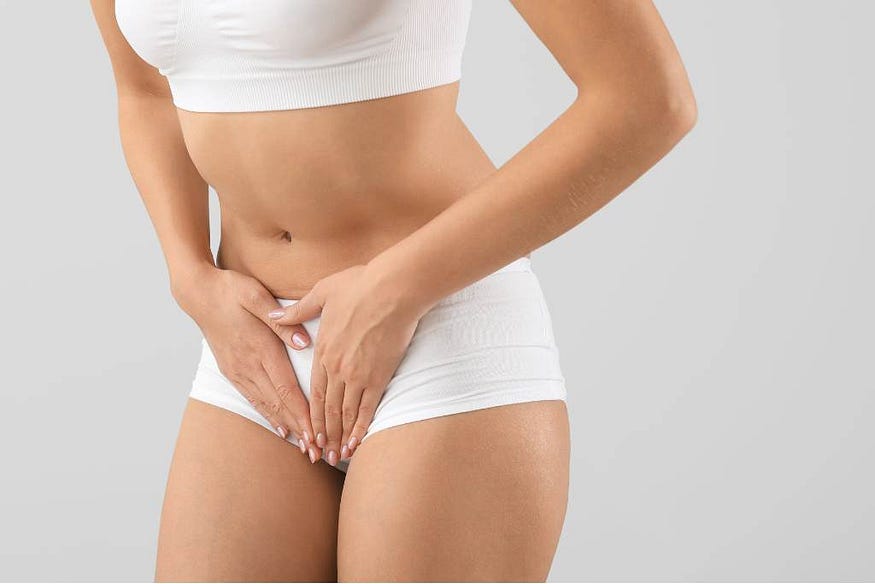Vagina dryness All the information you need — Cicle Health
When the vagina lacks the normal amount of moisture, it is said to be dry, burning, itching, soreness, or lack of lubrication during intercourse are all symptoms of this prevalent issue. Vaginal dryness can affect any woman, although it most frequently affects those who have gone through menopause. Over 50% of women who have reached menopause are affected. A quarter of the women in this age bracket report feeling dry or uncomfortable during intercourse. Talk to your doctor about what may be done to help if you’re in pain, including potential medications you can take. to book an appointment
Symptoms of Vagina Dryness
There are several symptoms of vaginal dryness, which include:
Causes of vagina dryness
In many cases, vagina dryness occurs when estrogen levels drop. It naturally occurs during menopause. When estrogen levels fall, the tissue and skin of the vagina and vulva thin. And become less elastic, which makes the vagina becomes dry. Certain health conditions or any type of treatment can also cause vaginal dryness. Vaginal dryness may be due to:
- Pain or tingly feeling in and around the vagina.
- Feeling pain or discomfort during sex.
- Feeling like urinating more often than usual.
- to speak to a doctor
- Vagina dryness misconceptions
- Many Women think that vagina dryness only happens to postmenopausal women, but not always the case. 65 to 84 percent of postmenopausal women experience vagina dryness. This condition also affects women before and during menopause. Your doctor can check for the cause of your vagina dryness by performing tests:
- The doctor may do a pelvic exam to see inside the vagina.
- Blood tests determine whether hormone levels or health conditions are causing vagina dryness.
- The doctor may take a vagina discharge sample to rule out other causes or to check for signs of infection.
- Effect of vagina dryness on fertility
- Often the thought comes in the mind of women whether vagina dryness points towards infertility. Vagina dryness does not actually cause infertility. Yes, but it does make sex uncomfortable and sometimes Can also be painful. If you have vagina dryness, talk to your doctor if it:
- In addition to menopause, certain medications and immunity-disorder can also cause vagina dryness. Your doctor may ask you to change your diet. You can also contact our dietician if you wish to do so.
- Frequently asked questions
- Can vagina dryness go away on its own?
- Usually, it does, but delay in treatment makes the problem worse. It is best to get treatment without any delay so that you can live without any problems.
- Are Vagina Dryness Creams Effective?
- Vagina dryness creams are not completely reliable. In many cases, they disturb the normal pH level, cause infection or irritation, and can make symptoms worse. Avoid the use of such products and see a gynecologist.
- Which Foods Increase Vagina Lubrication?
- A diet rich in fatty acids can help with vagina lubrication. Raw Pumpkin, Pumpkin Seeds, and fish (especially salmon, mackerel, and tuna) are options rich in fatty acids.
- Causes of vagina dryness?
- Stress, birth control, antihistamines, dehydration, breastfeeding, and even dehydration can cause vagina dryness.
- Why choose cicle ?
- We at Cicle can help with the diagnosis and treatment of Vagina dryness. All you have to do is contact our health coach and an appointment with a doctor will be made. To book an appointment with a doctor,
- Breastfeeding
- Birth control pills or any kind of hormonal pill
- Cancer treatments include chemotherapy and hormone therapy.
- Anti-estrogen medications (to treat uterine fibroids or endometriosis),
- Certain antidepressants, and antihistamines Medications (including treatment for itchy eyes and runny nose).
- Removal of the ovary (oophorectomy).
- Lack of sexual arousal.
- Use of scented or perfumed soaps
- Interfere in daily chores.
- Affect sex life or relationships.
- Does not get better with over-the-counter treatments.
- Dangerous vagina bleeding.
- Menopause causes estrogen levels to drop, which leads to dryness.


Comments
Post a Comment